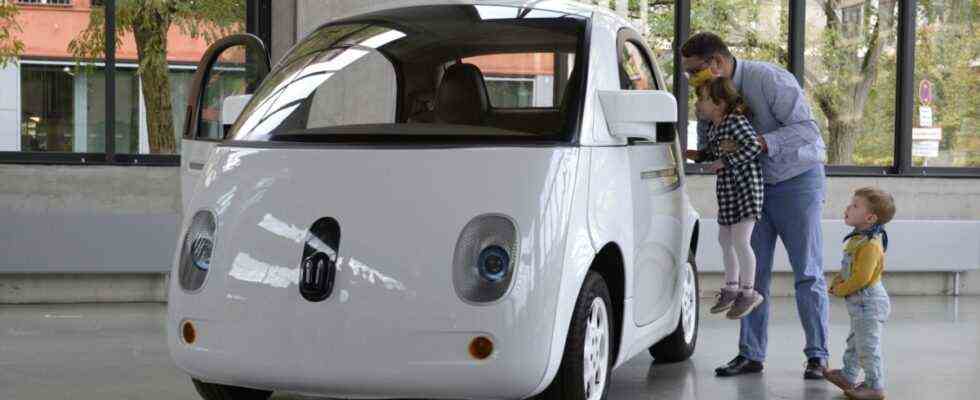Car sharing, electric drives, assistance systems and autonomous driving – a lot is changing when it comes to mobility. These megatrends are not only affecting car manufacturers and suppliers, but also car insurers. So far, they have mainly used conventional factors to calculate their policies. This includes the personal data of the customers, the claim-free years, the mileage and the type of car.
Christoph Lauterwasser, head of the Allianz Center for Technology, expects a profound change. “We will have more and more influence of technology on auto insurance over the next ten years,” he said at Allianz Auto Day last week.
With the telematics policies, a number of providers have already taken a first step towards data and technology-based motor insurance. With these tariffs, devices or apps measure the driving style, the amount of the insurance premium depends on this. It won’t stop there. “With autonomous driving and driver assistance systems, we will also have a considerable influence on insurance because certain types of damage can be reduced significantly,” expects Lauterwasser.
Genuine autonomous driving, in which the vehicle occupants are only passengers, is still a long way off. Assisted driving, i.e. the support of the driver through assistance systems, has already arrived in the mass market. Automated driving is an intermediate stage. Here the vehicle takes over control in a defined operating area. The driver may temporarily turn away from the traffic situation, but must be able to take control again immediately if necessary.
The German legislator has already set the framework for driverless driving this year with the law on autonomous driving. While the driver remains responsible for automated driving, so-called “technical supervision” monitors the vehicle for autonomous driving. It can deactivate the vehicle from the outside and enable driving maneuvers in difficult situations – for example, if a traffic light is permanently red due to a technical defect and thus permanently prevents the car from continuing its journey.
In the future, not only will the driver and his car need insurance protection, but also technical supervision. Allianz doesn’t think that’s a problem. “We will also offer ‘autonomous novice drivers’ and ‘technical supervision’ insurance protection and insure them in motor vehicle liability insurance,” announced Klaus-Peter Röhler, head of Allianz Germany. Just as conventional novice drivers are unsure at the beginning and gain experience, the technology used in the context of autonomous driving will also become better, safer and more reliable over time, he expects.
Allianz advocates that the results and findings of manufacturers, suppliers, technology companies and insurers on the subject of autonomous driving be collected internationally and shared on an independent platform – both vehicle and system data as well as accident data.
No new technology is flawless, which is why there will be accidents in the future, especially when conventional and autonomous vehicles interact, the alliance expects. The public’s trust in automated and autonomous systems is only guaranteed if the causes of accidents and “near-accidents” can be correctly clarified.
According to the insurer’s ideas, a Europe-wide, independent trustee should manage the car and accident data to protect personal data. He should check whether there is a legitimate interest in investigating the accident and whether the data required for this is available to the respective parties.
The suggestions are not altruistic. The data recorded and transmitted by the cars will soon be the key to car insurance. Insurers have been concerned about the availability of such data for years. They fear that the automakers will erode them here and that they themselves will become heavily dependent on what information the manufacturers share with them – and how expensive it will be for them.
Insurers are also thinking about the technical implementation of autonomous driving, especially with a view to cross-border traffic. Allianz, the second largest motor vehicle insurer in this country behind HUK-Coburg, is in favor of a Europe-wide coordinated approach. “We have to make our roads across Europe fit for autonomous driving,” demands Röhler. “Because when crossing a border, these cars not only have to recognize signs and markings and comply with traffic regulations, but it also has to be clear who is liable if an accident occurs.”

